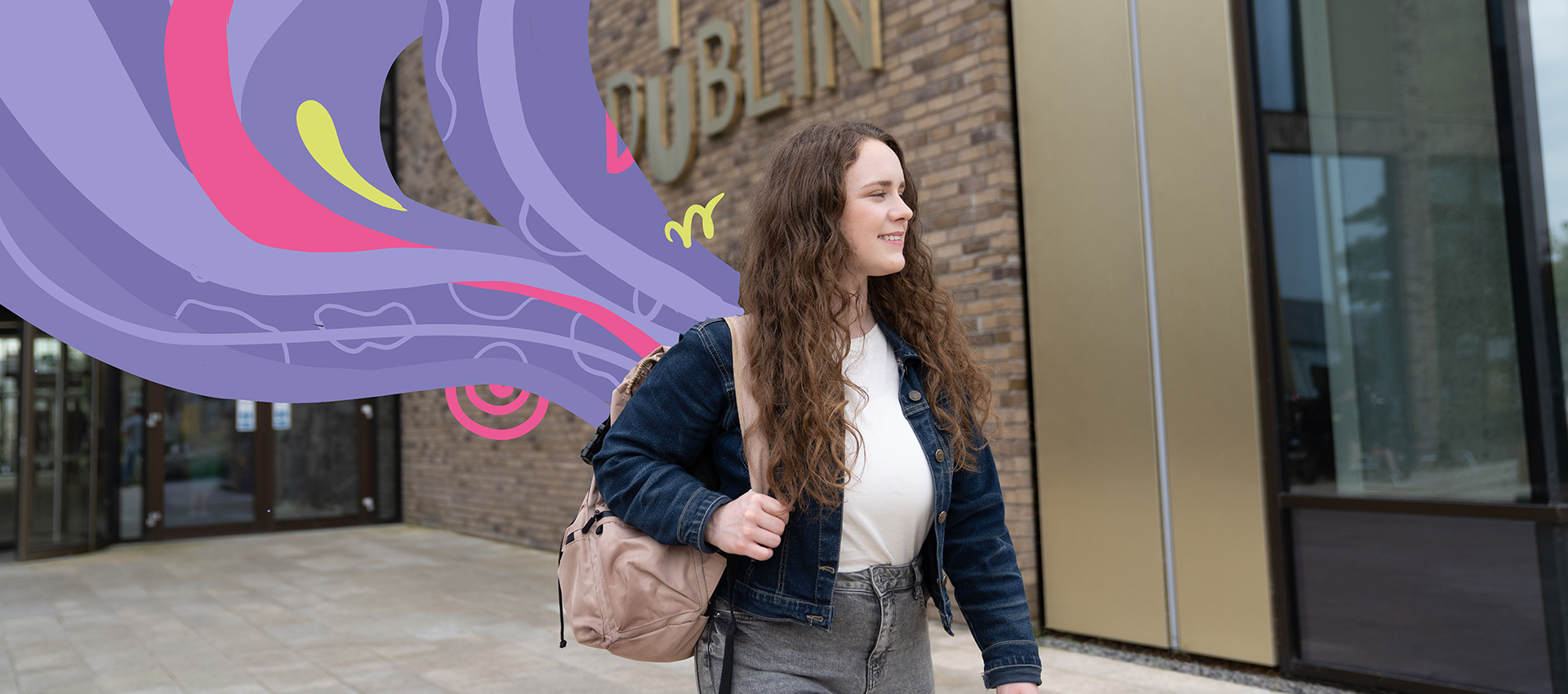This Major in Irish Traditional Music is suitable for students wishing to specialise in Irish traditional music performance and contextual studies. Entry is by audition, and students should have prior experience in traditional performance.
As a student, you will have twelve mandatory modules (assuming the Major commences in Year 2) totalling 70 ECTS credits. This increases to 75 ECTS credits for students who take the Performance module in Year 1. Students will study core mandatory modules in Aural, History, Composition/ foundations of music theory, Socio-Historical Studies and Irish Traditional Music Practice to meet the criteria of core subjects in music degrees. For students wishing to progress to the PME, we have included other statutory modules (as options) to meet Teaching Council requirements.
Performance and ensemble modules allow students to engage practically with the tradition, while optional modules offer opportunities in areas such as
- Technology and Professional Studies,
- Ensemble, History of Music,
- Introduction to Analysis and Instrumental/Vocal Teaching,
- The Song and Instrumental Traditions,
- Slow Airs: Instrumental Interpretation and Performance,
- The Harping Tradition and Music Collections,
- Traditional Composition and Archive Research.
ECTS Credits: 100
- Total Number of Mandatory credits to be taken (excluding the capstone project): 60
- Total Number of Optional credits to be taken: 30
- Total Number of Credits for the Capstone Project:10
- Composition Studies 1 or Foundations of Musical Theory **
- Aural 1
- History of Music 1
- Introduction to Irish Traditional Music Past and Present
- Stylistic Issues in Irish Traditional Music
- Performance 1 and/or Performance 2
- Aural 2
- Composition Studies 2 or Composition Studies 1 **
- Socio-Historical Studies in Irish Traditional Music
- Performance 3
- Studies in World Music
- Capstone: Performance 4
- Technology and Professional Studies 1
- Ensemble 2
- History of Music 2
- Technology and Professional Studies 2
- Introduction to Analysis and Inst./Vocal Teaching
- The Song and Instrumental Traditions 1
- Slow Airs: Instrumental Interpretation and Performance
- Ensemble 3
- The Harping Tradition and Music Collections
- Technology and Professional Studies 3
- The Song and Instrumental Traditions 2
- Traditional Composition and Archive Research
- Ensemble 4
- Professional Studies 4
A major in Irish Traditional Music Studies allows you to engage deeply with one of the world’s richest and most distinctive musical traditions. Rooted in centuries of cultural expression, Irish traditional music continues to evolve while maintaining its unique identity, and is recognised globally for its artistry, vitality and emotional depth.
This major opens doors to a wide range of opportunities, from performance and education to cultural research, arts management, and heritage preservation. Irish traditional music is a vital part of Ireland’s cultural identity and also plays an increasingly important role in global cultural dialogue, tourism and the creative industries.
Perhaps your interests lie primarily with how traditional arts express identity and community, perhaps you wish to explore the historical and social contexts of the music, or perhaps you are most excited by the chance to study and perform with leading musicians and scholars, both in Ireland and internationally?
A major in Irish Traditional Music Studies will provide you with artistic, analytical and interpretative skills that are both culturally enriching and professionally transferable, equipping you to thrive in a wide variety of creative and academic pathways.
- Performing professionally or working in music education, community arts, or youth music programmes
- Working in arts and festival management, curating and coordinating cultural events at local, national or international levels
- Contributing to research, archival and heritage projects that document and preserve traditional music and related cultural practices
- Pursuing postgraduate study in musicology, ethnomusicology, arts management, cultural studies, or teacher education
- Working in broadcasting or media, particularly in areas connected to music, documentary, or cultural programming
- Developing careers in public service or the NGO sector, where cultural literacy and creative communication are increasingly valued
- Contributing to Ireland’s growing creative industries through composition, recording, sound design or cross-disciplinary collaboration

